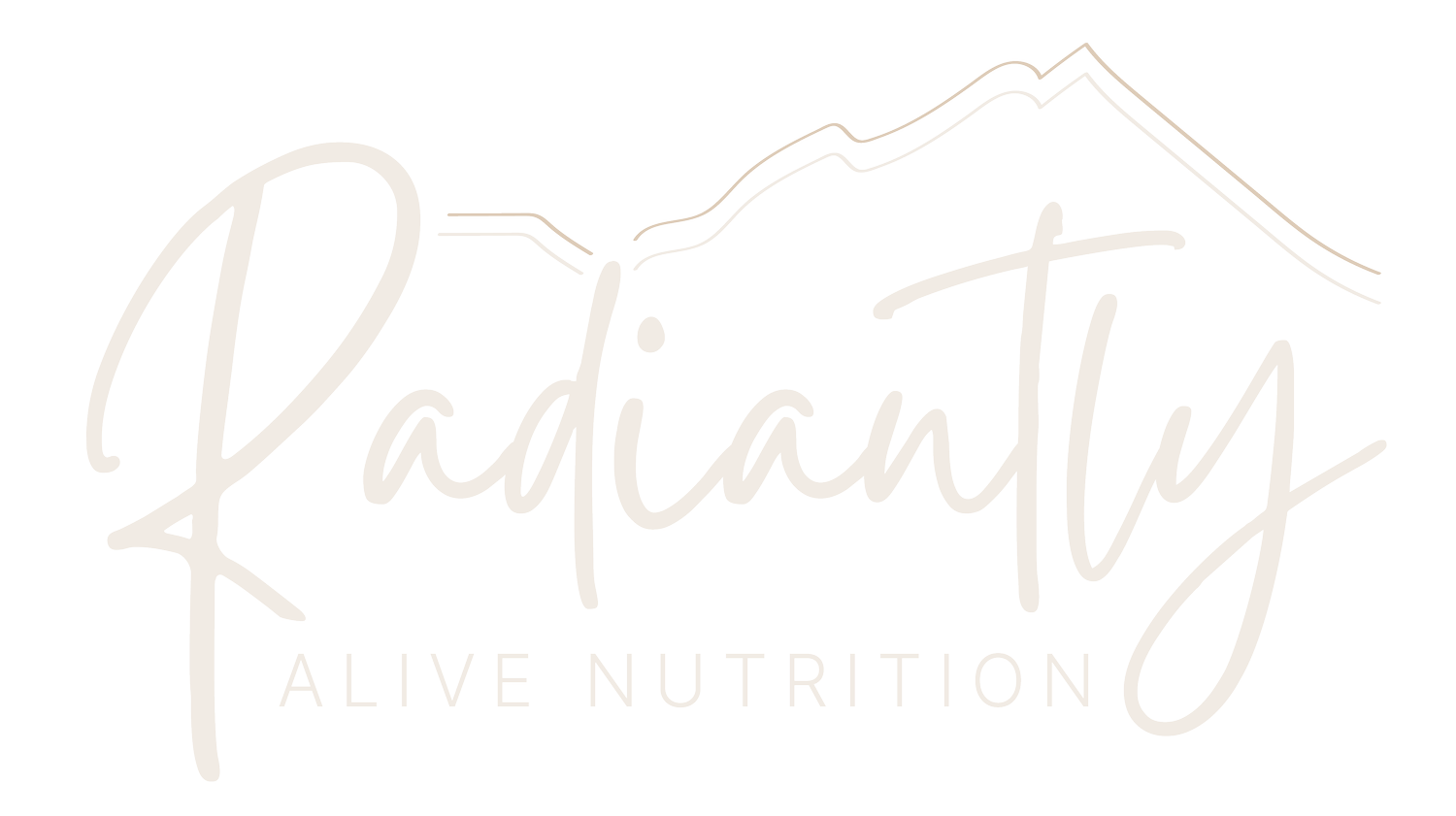5 Things You Didn't Know About the Gut-Brain Connection
You may have heard that you can improve your mental health via diet, and that less stress could calm digestive issues. But is there really a link between gut health and mental health?
With the growing popularity of probiotics and fermented foods you’re probably familiar with the idea of gut health. We know that gut health is connected to a variety of other health concerns, but one of the most intriguing relationships between the gut and overall health is this gut-brain connection.
While it might sound a little far-fetched at first, there’s actually quite a bit of scientific evidence that our digestive systems and our nervous systems are deeply connected.
Here’s what you need to know in order to improve your mental and digestive health.
]You know how when you feel nervous, you get that feeling of butterflies in your stomach? That’s a classic example of the gut-brain connection at work. “There’s a lot of connection between how we feel emotionally and how that manifests in our body physically, and one of those manifestations is through our gut,” explains Harika Pal, MD.
So, how are the gut and brain connected? First, there’s the gut microbiome, an ecosystem of bacteria and fungi that reside in your digestive tract. “A lot of communication happens through our gut microbiome, and it can affect the kinds of neurotransmitters we make in our digestive tract, which have a direct impact on our brain,” Pal says.
Scientists are now actually beginning to pinpoint the specific types of bacteria (or lack thereof) that may be associated with conditions such as anxiety, depression, and even more serious conditions such as Parkinson's and Alzheimer's. Taking specific strains of probiotics can be very helpful for the health and balance of your microbiome, your mood and have even been shown to improve neurological disorders.
Using the gut-brain connection to soothe digestion
If you’re struggling with digestive issues, taking advantage of the gut-brain connection may be a key part of your treatment plan. “Working on reducing anxiety and stress helps us improve our digestion, especially if you’re somebody who suffers from irritable bowel syndrome or IBD,” Pal says. Even if you don’t have a specific disorder but are dealing with diarrhea, constipation, or irregular bowel movements, stress management can help.
Incorporating mindfulness-based practices into your daily routine such as meditation, yoga or breathing exercises can help to calm your nervous system, reduce your stress and calm digestive symptoms. Another strategy that may help is slowing down while you eat and enjoying your meal in a calm setting.
For example, the worst thing you can do for reducing stress and improving your digestion is to eat on-the-run. Eating quickly while running out the door, eating while driving, eating in a hurry before an important call or meeting. This will contribute to poor digestion. Even eating in front of the TV can contribute to poor digestion if it's causing you to be mindless and you end up not chewing enough.
Apart from environment, here are 5 tips for improving digestion.
– Removing sugar, dairy and simple carbohydrates from your diet can make a huge difference because they can actually feed the bad bacteria in your gut
– Addressing and removing food sensitivities is crucial for improving the health of your microbiome
– Eating a diverse variety of vegetables and getting lots of fiber which helps to feed all sorts of species of good bacteria
– Incorporating fermented foods such as kimchi, sauerkraut, and tempeh may have a positive effect on the microbiome
- Taking specific strains of probiotics can be very helpful for both digestion and your mood
Contact me to see how I can help you improve your mood and digestive symptoms today!

